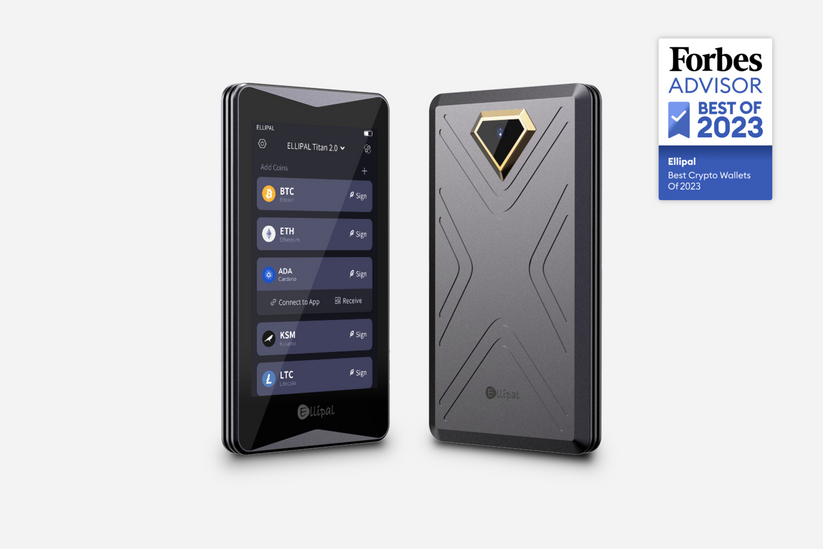Unlock the Secrets of Cold Storage Wallets and Why You Can't Afford to Ignore Them!
In the rapidly evolving world of cryptocurrency, the need for secure storage solutions has never been more paramount. As cyber threats become increasingly sophisticated, understanding and utilizing cold storage wallets is essential for anyone involved in digital assets. Cold storage wallets, which are designed to keep your cryptocurrencies offline, provide a protective barrier against online attacks. In this article, we will delve into the ins and outs of cold storage wallets, exploring their benefits, types, and how to choose the best one for your needs. By the end, you’ll have a comprehensive understanding of why cold storage wallets are not just an option but a necessity in today’s digital landscape.

Understanding Cold Storage Wallets
Cold storage wallets are a type of cryptocurrency wallet that stores private keys offline, making them highly secure compared to hot wallets, which remain connected to the internet. The fundamental difference lies in their connection status; while hot wallets are convenient and offer quick access, they are vulnerable to hacks and cyber attacks. Cold storage wallets, on the other hand, often come in the form of hardware devices or even paper printouts, ensuring your private keys are kept far from prying eyes. The technical aspects involve generating and storing keys on devices that are never connected to the internet, thereby significantly reducing the risk of unauthorized access. This layer of security is critical, especially in a market where the value of digital currencies can fluctuate wildly, compounded by the persistent threat of theft.
Benefits of Using Cold Storage Wallets
The advantages of using cold storage wallets are numerous and compelling. First and foremost, they offer enhanced security. By keeping your private keys offline, you eliminate the risk of online hacks that can result in the loss of your hard-earned cryptocurrencies. Additionally, cold storage wallets provide protection against malware and phishing attacks that often target hot wallet users. One of the most significant benefits is the peace of mind it brings. Knowing that your assets are stored securely and are not easily accessible to cybercriminals allows you to focus on your investments without the constant fear of losing them. In conversations with friends who have adopted cold storage solutions, many express how relieved they feel knowing their investments are safe from the ever-evolving threats in the digital landscape. For those looking to store their cryptocurrency long-term, cold storage wallets are undoubtedly the best choice.
Types of Cold Storage Wallets
When it comes to cold storage wallets, there are several types to consider, each with its own unique features. Hardware wallets are among the most popular options, resembling USB devices that securely store your private keys. They are user-friendly and provide a seamless experience for managing multiple cryptocurrencies. Another type is paper wallets, which involve printing your private keys on a physical piece of paper. While they are incredibly secure from online threats, they require careful handling to prevent physical loss or damage. There are also other forms of cold storage, such as air-gapped computers—devices that have never been connected to the internet—which are excellent for those with a more technical background. Understanding these different types will help you choose the one that best fits your security needs and user preferences.
How to Choose the Best Cold Storage Wallet
Selecting the best cold storage wallet involves considering several factors to ensure your digital assets are safe and accessible. Start by assessing the security features offered by each wallet. Look for wallets that support encryption and have undergone third-party security audits. Ease of use is another crucial factor; a wallet that is too complicated can lead to user errors. Additionally, check for compatibility with the cryptocurrencies you own. Many wallets support multiple coins, but some may be limited to specific types. For beginners, it’s often advisable to choose a wallet with a reputation for user-friendly interfaces and solid customer support. As my friend discovered while selecting his cold storage solution, reading reviews and seeking recommendations can save you a lot of time and potential headaches. Remember, the right cold storage wallet is one that balances security with convenience.
Final Thoughts on Cold Storage Solutions
In summary, cold storage wallets are an essential tool for anyone serious about securing their cryptocurrency investments. With their ability to protect against cyber threats and offer peace of mind, they stand out as the safest option for long-term asset storage. As the cryptocurrency landscape continues to grow, the importance of adopting effective security measures cannot be overstated. We encourage you to explore cold storage solutions that align with your needs and take the crucial step towards safeguarding your digital assets. Don’t wait for a cyber attack to realize the value of a cold storage wallet—act now and secure your financial future!






commentaires